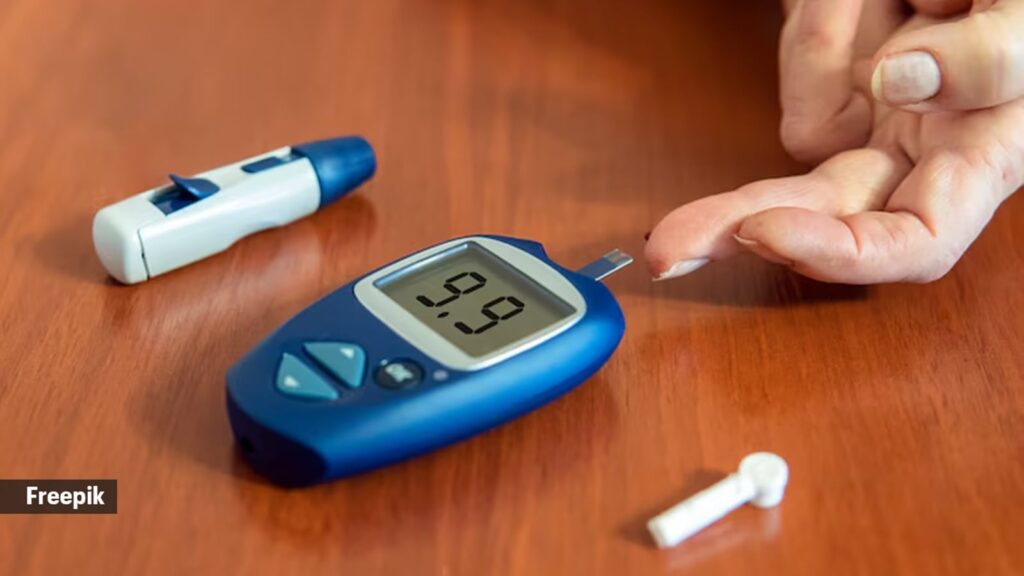970x125
You’ve just woken up, haven’t eaten anything yet, and still, your blood sugar is surprisingly high. For many people living with diabetes, this can be a frustrating and puzzling pattern. Known as the ‘dawn phenomenon,’ this early morning blood sugar surge happens before breakfast, often without any food passing your lips.
970x125
While it might seem like your body is reacting to something you ate the night before, the spike is tied to a set of natural processes that occur while you’re still asleep. But why does this happen, and is it something you can prevent? We spoke to an expert to understand what’s going on inside your body during those early hours and what it might mean for your diabetes management.
What exactly causes the dawn phenomenon, and how is it different from other blood sugar fluctuations during the day?
Kanikka Malhotra, consultant dietician and diabetes educator, tells indianexpress.com, “Dawn phenomenon occurs as a natural spike in blood sugar in the early morning, typically between the hours of 2 am and 8 am. It is initiated through the body’s overnight release of hormones such as cortisol, growth hormone, and glucagon, which increase both the production of glucose and the body’s resistance to insulin, both of which are problematic in the context of type 2 diabetes.”
In such cases, she adds that the liver supplies glucose to the body, but the excess glucose is not counterbalanced by insulin. “Unlike the blood sugar spikes that occur after meals or physical activity, the dawn phenomenon is not linked to eating but to the body clock’s readiness shifts,” notes the expert.
Are there certain people with diabetes who are more likely to experience it than others?
According to Malhotra, “50% of people with type 1 or type 2 diabetes experience the dawn phenomenon.” Those most affected include people with poor blood sugar control, those with higher insulin resistance, older adults, and people with disrupted sleep patterns.
“Even people with prediabetes or at-risk blood sugar levels can have some early morning rise. Still, the effect is most pronounced in those with established diabetes because their bodies can’t produce or use insulin well enough to counteract hormonal glucose release,” she says.
Strategies or lifestyle adjustments that can help in manage this
To manage the dawn phenomenon, Malhotra says, studies recommend strategies such as adjusting diabetes medications or insulin timing, often closer to bedtime, and avoiding carbohydrate-rich meals or snacks before bedtime.
Story continues below this ad
“An earlier dinner and light exercise in the evening also help. For some, an insulin pump or different medications may better control morning sugars. Consistency with medication, meal timing, and working with a healthcare provider to individualise your plan are key steps. These changes help minimise morning blood sugar spikes and support better daily control,” concludes Malhotra.
DISCLAIMER: This article is based on information from the public domain and/or the experts we spoke to. Always consult your health practitioner before starting any routine.
970x125

